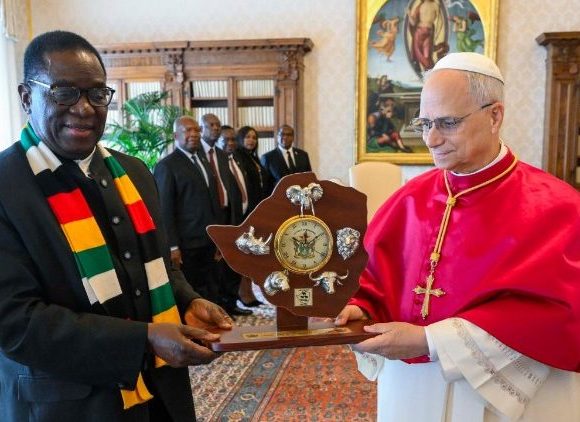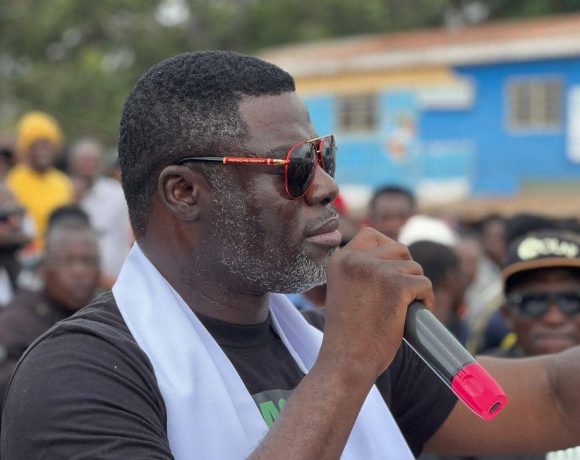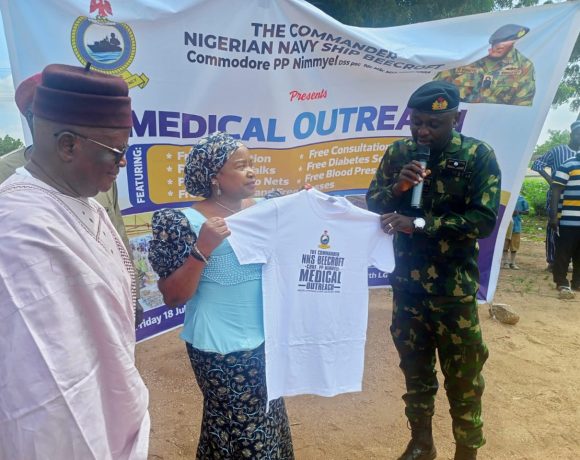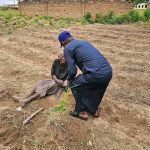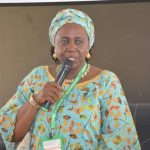The Fight Against Terror in the Sahel: From Despair to Agricultural Hope

Israel
Opinion by Samuel Shay, Entrepreneur and Senior Economic Advisor to the Abraham Accords Treaty.
Across the borders of Mali, Burkina Faso, and Niger, one of Africa’s gravest threats is unfolding the expansion of extremist activity throughout the Sahel. Groups such as Jama’at Nusrat al-Islam wal Muslimin (JNIM) have become de facto rulers of vast territories, filling the void left by fragile governments and collapsing economies. They provide rudimentary services and impose harsh order, exploiting poverty, ignorance, and despair.
The Root Cause: Poverty, Despair, and Loss of Faith in the State
Terrorism in the Sahel is not purely ideological; it is born from economic collapse and institutional failure. When governments fail to provide jobs, healthcare, and education, people lose trust in authority. Extremist groups step in with a simple offer: food, protection, and belonging. The real battle is not for territory, but for the hearts and survival of millions.
Military campaigns have proven insufficient. Governments respond with force more troops, more weapons, more promises from international allies yet nothing changes on the ground. Without economic revitalization, even temporary military success will crumble.
A Systemic Solution: Economy, Agriculture, and Education
The only sustainable path to peace is through local economic rehabilitation. Agriculture, the lifeblood of the Sahel, must become the engine of stability. By creating community farms, vocational centers, and adopting modern agricultural technologies (Agrotech), we can generate employment, ensure food security, and restore autonomy to local populations.
Smart irrigation systems, drought-resistant crops, solar-powered infrastructure, and data-driven water management can transform the Sahel’s economy. Every well drilled, every greenhouse built, every hectare cultivated weakens the appeal of extremism and strengthens civilian resilience.
Regional and International Cooperation
Success requires a unified coalition. Israel can contribute its expertise in desert agriculture and water management, the Gulf states can provide capital and energy resources, and the United States and Europe can ensure political and institutional stability. Together, they can launch a comprehensive Sahel Economic Recovery Framework focused on three pillars:
- Agriculture and Water Infrastructure: Investment in irrigation, soil rehabilitation, and desalination.
- Education and Employment: Establishing vocational and technological training hubs to create a skilled workforce.
- Health and Community Development: Expanding mobile clinics, strengthening healthcare systems, and improving quality of life.
Regional and Global Impact
Stabilizing the Sahel is not merely an African issue it is a global necessity. The region forms a geographic bridge between sub-Saharan Africa and Europe. Instability fuels waves of migration, arms trafficking, and human smuggling. Economic recovery, on the other hand, could turn the Sahel into a trade and logistics corridor connecting West Africa, North Africa, and the Middle East.
Agricultural productivity and local entrepreneurship would ease demographic pressures on major cities, create a new middle class, and reduce dependency on foreign aid. Empowered, economically independent communities are far less vulnerable to extremist influence.
The Role of Local Communities
No foreign plan can succeed without genuine local engagement. Development must grow from the ground up through village councils, women’s cooperatives, and traditional tribal leadership. When people see tangible progress jobs, water, education, and stability they will reject extremist ideologies and defend their own communities.
Conclusion: The Power of the Land
The Sahel is not doomed to chaos. What it needs is a shift in mindset: fewer guns, more plows; fewer promises, more investments. If the international community views terrorism as a symptom of economic failure rather than its cause, then it can begin to heal the region from within.
The fight against terror begins in the soil. Those who plant hope will harvest peace.



